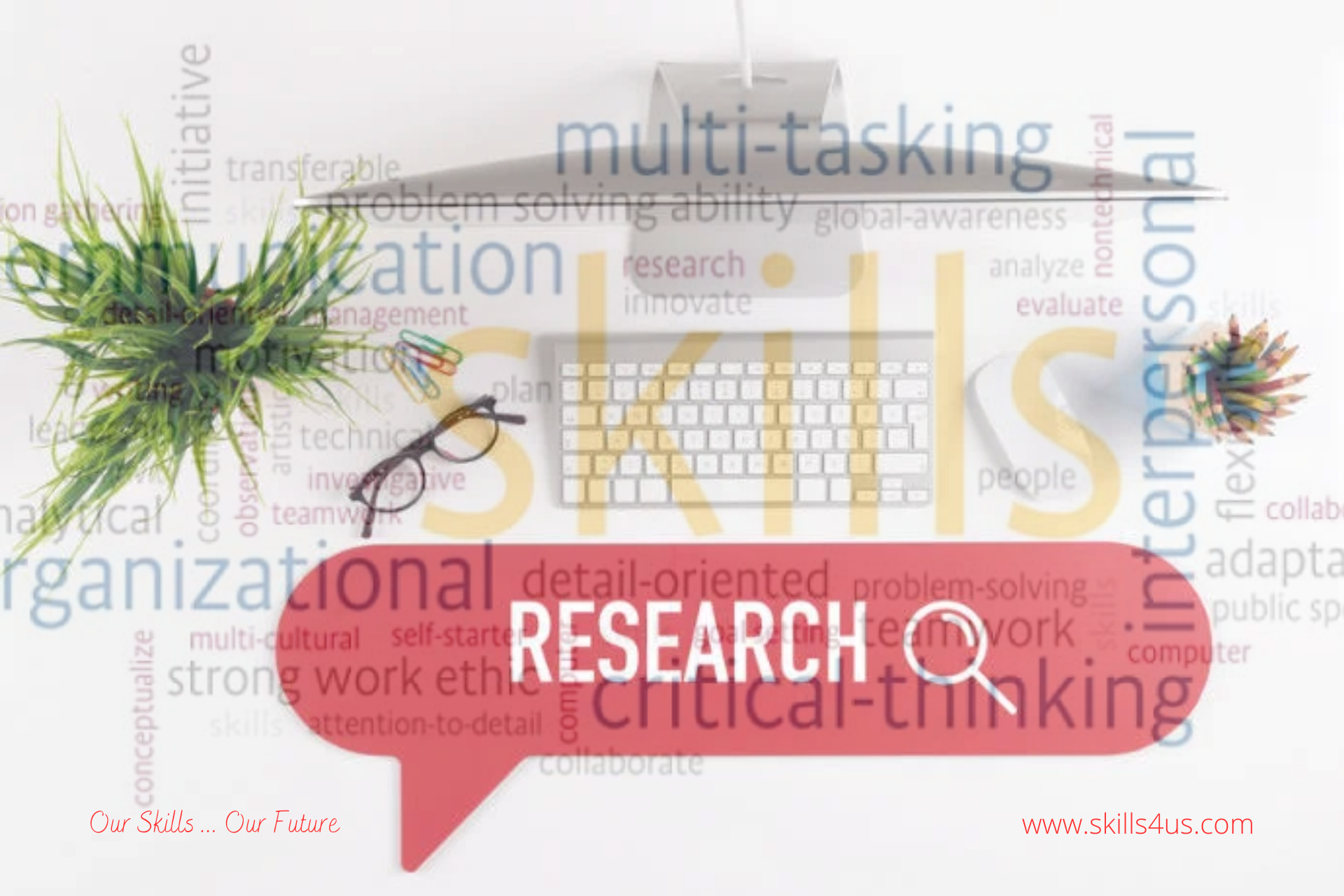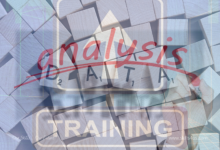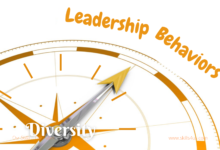
19 Strong Research Skills Help Demonstrate The Research’s Value In Professional Path
Research skills are your ability to gather information about a topic and to review, analyze, and interpret that information in a way that supports a solution. Knowing that employers value it helps the organization develop new products or services, identify customers’ needs, and wants, improve what they do, and keep pace with industry changes and market competition. Furthermore, knowing how to develop and highlight strong research skills to employers can help you throughout your career.
Strong research skills are essential to advancing your career as they are directly related to your capacity to gain insight and inspire action in both you and others. The following is a set of strong research skills that you can develop and practice to complete your research projects effectively:
1. Goal setting
Before you start researching something, clearly defining the research’s purpose is essential.
2. Prepare an outline
The first thing you should do when starting any research project is to prepare an outline to help guide your research. Your outline should include a plan of the questions you need to research and the information you need to reach a decision.
3. Organizing
Strong organizational skills help you to keep on track and complete your work on time. Exercising this skill effectively while researching also ensures you get all the necessary parts to draw viable conclusions.
4. Resource management
You often need to manage your time and resources when undertaking research projects. This can include controlling the resources needed to conduct the research, such as materials, equipment, space, time, people, and money.
5. Time management
Time management skills are important when researching because they help you break tasks into more parts, enabling you to tackle each part effectively. It also includes planning, setting goals, organizing, delegating and setting priorities.
6. Search for information
All research projects involve looking for information from reliable sources that you can analyze and use to arrive at an answer or solution. As you conduct your research, the information you seek will likely help you complete the research process and add value.
7. Data analysis
Data analysis is the process of examining data to find patterns and draw conclusions. It is an essential skill for you because it allows you to interpret the data you collect and evaluate the success of your experiments. It also helps you understand the importance of your research and how it can benefit society.
8. Attention to detail
Attention to detail skill influences research ability and professional success, which means you can stay focused on your research topics, noting and recording all relevant details. This skill can help you identify the most critical information and make informed decisions.
9. Ask questions
The skill of asking questions can help you develop your research capabilities, learn more about and understand a topic and find more information to help you answer the original question.
10. Take notes
The note-taking skill involves gathering the most critical information you are presented with and summarizing it in writing so that you can refer back to it later. Furthermore, it would be best if you also practiced taking notes through active and active listening and jotting down important information.
11. Technology use skills
Technology skills are essential for research because they allow you to use the tools and resources you need to conduct your research. Knowing that if you need to use a computer to analyze data, you need to know how to use the computer and what software you need to use.
12. Open-mindedness
Looking for only a confirmed result is a very limited research strategy. It involves picking and choosing what information to collect, preventing you from developing the most accurate understanding of the topic. So when researching, you must practice open-mindedness to learn and know as deeply as possible.
13. Problem-Solving
Problem-solving skill is essential for research because it allows you to deal with difficult situations and overcome complex research challenges. Note that problem-solving skills include dividing a problem into its parts, thinking critically about each element, analyzing the information you find, and using it to form an effective solution. Furthermore, strong problem-solving skills will make your research valuable to the organization and society and help you advance your career.
14. Communication
Good communication skills are among the most critical research skills, as they help you share your findings with others in an easy-to-understand manner. Note that communication skills include active listening, observation, and speaking.
15. Patience
Patience is required when researching, as it can take time to find the information you need. Patience is also essential when working with others on a research project because everyone may need help contributing simultaneously. Being patient allows everyone to participate and ensures you have all the necessary information.
16. Cooperation
You will likely work with other individuals or teams in the research world. Collaboration skills help you work with your colleagues to meet your research requirements and generate ideas effectively. Therefore, you must master effective communication skills with others when collaborating on research projects.
17. Critical thinking
Critical thinking is essential for research because it allows you to collect data, better evaluate it, and establish significance. It also lets you make informed decisions about research topics, methods, and data. Knowing that you can use this skill to evaluate your research and determine whether your conclusions are accurate, identify their flaws, and make adjustments to improve your results.
18. Focusing
When conducting research, it is essential to focus on the task and stay on task. This can help you stay organized and complete your research on time. It is also important to focus when reading the research material to ensure you understand the information and can answer any questions correctly.
19. Perseverance
Perseverance can help you develop research skills because it enables you to overcome obstacles. You may need to keep learning and persevering to improve your research abilities even as you struggle to answer important research questions.
Strong research skills enable you to design and implement research projects effectively. Furthermore, developing your research skills can help you show the impact of research in developing your career.



